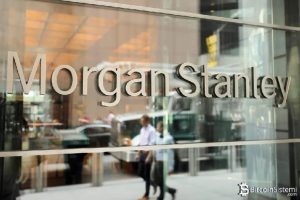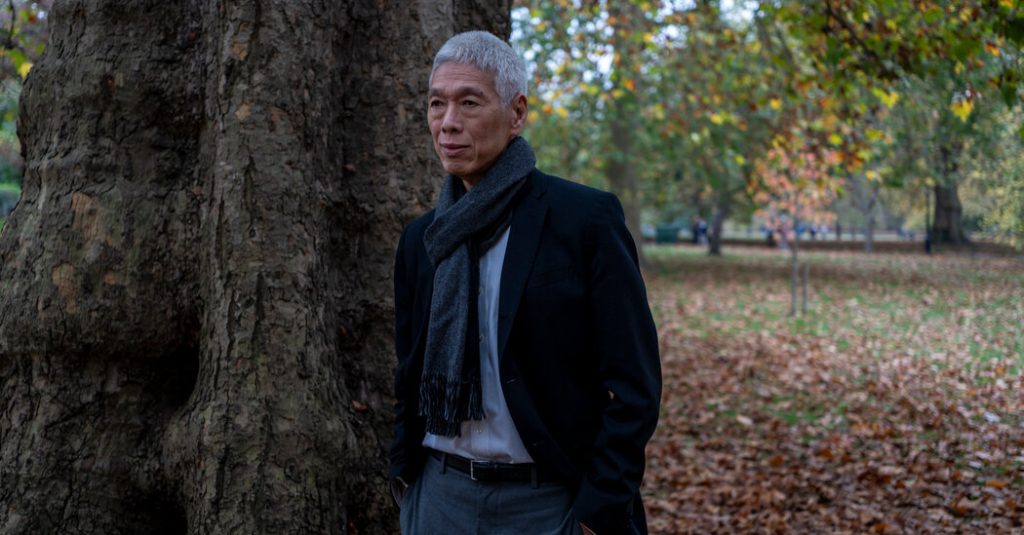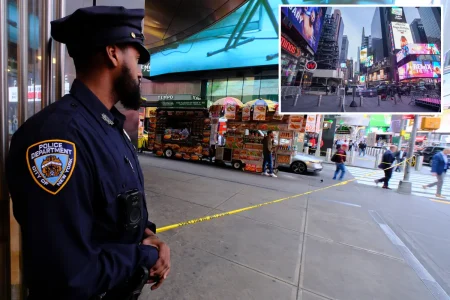The bungalow at 38 Oxley Road stands as a silent testament to Singapore’s complex history. Built during the colonial era for a Dutch trader, it later became the residence of Lee Kuan Yew, the nation’s founding father, for several decades. Within its walls, Lee Kuan Yew not only raised his family but also laid the groundwork for the People’s Action Party (PAP), the political force that propelled Singapore from a modest trading post to a global economic powerhouse. Lee Kuan Yew’s explicit wish was for the house to be demolished after his death, to prevent it from becoming a public spectacle and to avoid the “trampling” of his private life. However, the ambiguity of his will opened the door to a bitter family feud that continues to reverberate through Singaporean society.
The seemingly simple directive regarding the house’s demolition became a point of contention between Lee Kuan Yew’s three children, revealing deeper fissures within the family and mirroring the ongoing debate about Singapore’s political landscape. Lee Hsien Yang, the youngest son, has become a vocal critic of the government, accusing it of sacrificing accountability for prosperity – a sentiment that echoes the concerns of those who question the long-ruling PAP’s semi-authoritarian grip on power. He maintains that his father’s wish for demolition should be honored and has accused his older brother, Lee Hsien Loong, the former prime minister, of exploiting the situation for political gain and abusing his authority to suppress dissenting voices. The dispute escalated significantly following the death of Lee Wei Ling, the middle sibling, who had resided in the house, further complicating the property’s future.
The rift between Lee Hsien Yang and Lee Hsien Loong has intensified over the years, culminating in Lee Hsien Yang’s self-imposed exile and his claim of political asylum in Britain. He alleges a systematic campaign of persecution by the Singaporean government, citing instances of legal action against his family members, including his wife, a lawyer who oversaw the signing of Lee Kuan Yew’s will, and his son, who criticized the Singaporean legal system on social media. The government denies these allegations, portraying Lee Hsien Yang’s actions as a personal vendetta against his brother, and maintains that he is free to return to Singapore. This ongoing feud provides a rare glimpse into the inner workings of Singapore’s ruling elite and raises questions about the balance between individual rights and the state’s authority.
The controversy surrounding 38 Oxley Road has become a lightning rod for larger conversations about Singapore’s future. While Lee Kuan Yew’s legacy as a transformative leader remains largely unchallenged, the family dispute has cast a shadow on the PAP’s dominance and its unwavering adherence to his vision. Critics like Lee Hsien Yang argue that Singapore’s reliance on a single, paternalistic figurehead has created a system vulnerable to abuse of power and lacking in transparency. The question remains whether Singapore can successfully transition to a more open and accountable political model while still honoring the legacy of its founding father. The fate of the bungalow has become symbolic of this transition, representing a choice between preserving the past and embracing a more democratic future.
The Lee family, once seen as a model of order and discipline, reflecting the values of the nation it led, is now embroiled in a very public and acrimonious dispute. Lee Kuan Yew, known for his strong leadership and unwavering focus on national interests, had cultivated an image of family unity. However, the conflicting interpretations of his will regarding the Oxley Road property have exposed underlying tensions and divergent perspectives on his legacy. The differing accounts of Lee Hsien Loong and Lee Hsien Yang, coupled with the involvement of Lee Wei Ling, further complicate the narrative. The public airing of these family grievances has captivated the nation and fueled speculation about the motivations and intentions of the parties involved.
The saga of 38 Oxley Road continues to unfold. The house, once a private sanctuary, has become a national symbol, representing unresolved questions about Singapore’s identity and political direction. The government, while acknowledging the historical significance of the property, must now navigate the complex legal and emotional landscape surrounding its fate. Public opinion remains divided, with many supporting the demolition as per Lee Kuan Yew’s stated wishes, while others argue for its preservation as a historical landmark. The ultimate decision will have lasting implications for the Lee family, the PAP, and the future of Singapore itself.











